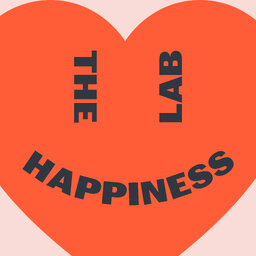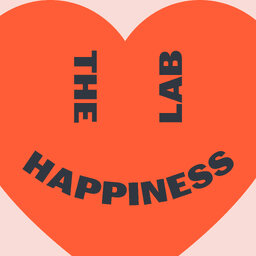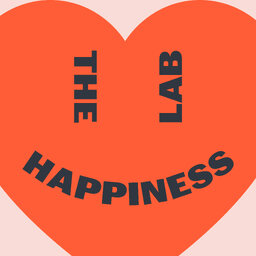Why the "Good Enough" Relationship Beats the "Perfect Partner"
Fairy tales and Hollywood rom coms have taught us to expect perfection from a soul mate, but sex and relationships therapist Todd Baratz says we need to be more comfortable with the idea that a "good enough" partner will do.
Todd once bought into this perfection myth - wanting a boyfriend to meet all his needs without even being told. These expectations helped end the relationship. Now Todd (author of How to Love Someone Without Losing Your Mind) says we need to accept that our loved ones will be just as flawed and human as we are.
In 1 playlist(s)
The Happiness Lab with Dr. Laurie Santos
You might think you know what it takes to lead a happier life… more money, a better job, or Instagra…Social links
Follow podcast
Recent clips

Why Algorithms Can’t Predict Your Love Life with Dr. Paul Eastwick
41:11

How to Find "The One": The Science of Dating with Tim Molnar
45:01

How to Feel Truly Loved (with Dr. Sonja Lyubomirsky and Dr. Harry Reis)
42:09
 The Happiness Lab with Dr. Laurie Santos
The Happiness Lab with Dr. Laurie Santos